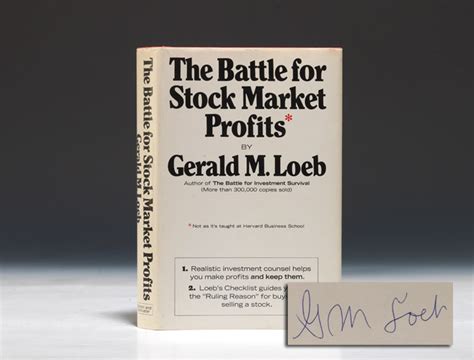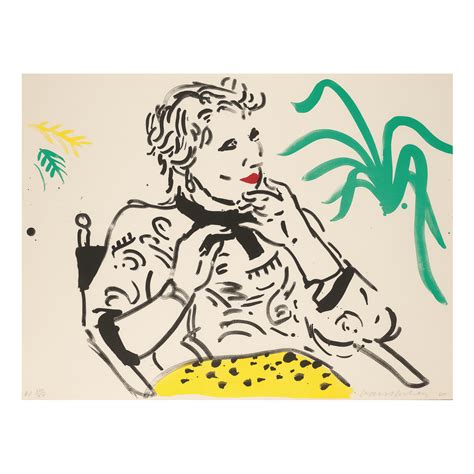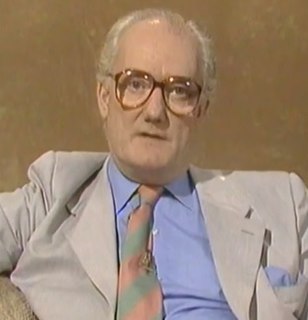A Quote by Richard Dawkins
Human psychology has a near universal tendency to let belief be coloured by desire.
Related Quotes
Some sort of belief in all-powerful supernatural beings is common, if not universal. A tendency to obey authority, perhaps especially in children, a tendency to believe what you're told, a tendency to fear your own death, a tendency to wish to see your loved ones who have died, to wish to see them again, a wish to understand where you came from, where the world came from, all these psychological predispositions, under the right cultural conditions, tend to lead to people believing in things for which there is no evidence.
I was forced, through seeing the error of their foundation, to abandon all belief in every religion which had been taught to man. But my religious feelings were immediately replaced by the spirit of universal charity — not for a sect, or a party, or for a country or a colour — but for the human race, and with a real and ardent desire to do good.
If you have a belief and you come against an experience which the belief says is not possible, or, the experience is such that you have to drop the belief, what are you going to choose — the belief or the experience? The tendency of the mind is to choose the belief, to forget about the experience. That’s how you have been missing many opportunities when God has knocked at your door.
It must be admitted that the tendency of the human race toward liberty is largely thwarted, especially in France. This is greatly due to a fatal desire-learned from the teachings of antiquity-that our writers on public affairs have in common: They desire to set themselves above mankind in order to arrange, organize, and regulate it according to their fancy.
The model of the educational Kalila Wa-Dimna. These are books of instruction to rulers and humans. The stories unfold a range of human psychology, a vast range of human psychology. The Sultan is being moved from his narrow and bigoted position into a wider, more subtle, more nuanced understanding of human experiences.
Positivity psychology is part and parcel of psychology. Being human includes both ups and downs, opportunities and challenges. Positive psychology devotes somewhat more attention to the ups and the opportunities, whereas traditional psychology - at least historically - has paid more attention to the downs.
With the near-death or clinical near-death phenomenon some people who are brought back from 'death' have reported being alive the entire time they were 'dead.' This phenomenon occurs among people with a wide diversity of religious belief and no religious belief at all - from atheists to Zen Buddhists.
The mainspring of creativity appears to be the same tendency which we discover so deeply as the curative force in psychotherapy, man's tendency to actualize himself, to become his potentialities. By this I mean the organic and human life, the urge to expand, extend, develop, mature - the tendency to express and activate all the capacities of the organism, or the self.




































